It’s a new day for soccer in the U.S. — or at least that’s what World Cup and Olympic Champion Hope Solo and other advocates for the sport would like to think.
Earlier this month, Solo was unsuccessful in her run against Carlos Cordeiro to become the first new president of the U.S. Soccer Federation since 2006, but she’s not done fighting yet. Solo believes Cordeiro could be the key to setting things right on a number of fronts, from providing more access for underrepresented youth to elevating the game’s appeal in the media and creating equity for all players in pay, endorsements, and support.
“My campaign was all about being more collaborative, inclusive, working on teams,” Cordeiro recently told Sports Illustrated. “You will see a very different leadership [from former President Sunil Gulati’s] going forward.”
It might be said that Solo, too, is exuding a more sophisticated leadership style herself these days. During her nearly 20 years on the national team, she has been devoted to working on equitable pay for male and female soccer players. And while she’s been sidelined in the past by a number of controversies at home and on the field — not to mention the fear that comes with challenging your employer as a whistleblower — today she seems more determined than ever to build on the momentum of the growing women’s movement that’s taken hold across the nation.
GOOD caught up with Solo at the 2018 Laureus Sports Awards in Monaco to find out what’s next in the fight to make U.S. soccer more accessible, equitable, and supportive for all of its players.
What’s next, now that the election is behind you?
The election was really important because we highlighted a lot of the challenges that we face as Americans for soccer, and now it’s somebody’s responsibility to push those issues forward. I’m not going to stop pushing those issues forward, but ultimately the one who can really help us the most is the new president, Carlos Cordeiro. He has a great opportunity to really change the dynamics of soccer in America. But we have to hold him accountable, and I’ll continue to speak about these issues.
Are you hopeful that change is coming?
We still have the Equal Employment Opportunity Claim pending. We’ll continue to fight for women's equality. It's just an ongoing battle, to be quite honest. It’s not something that changes overnight. It's not something that we can fight one day and just hope that it will take care of itself.
The popular thing right now is women’s empowerment. The popular thing is wearing shirts that say “women’s rights,” but that’s not enough. We have to do so much more. We should use our voices. We have to continue to speak about it and get more people involved, we have to educate people. We have to get the media behind us and talk to senators. I think that’s with anything, with the #metoo campaign and with reaching out to underrepresented communities to give them more opportunities in soccer.
How do you stay strong while fighting for these issues?
I think it’s very easy to get bullied and intimidated. It’s not easy to go through it, but it oftentimes is a tactic that works. The other tactic that’s in use is “divide and conquer,” and it’s a tactic that to this day works. I’ve had my moments where I've been scared and frustrated and hurt. But I’m happy to say that I don't really get pushed around anymore. I don’t really get bullied. I think that’s because I have great people around me. A group that really is intelligent, they’re educated, they’re confident in themselves and confident in what we’re fighting for, and at the end of the day, we know we’re going to be on the right side of history. That’s important.
People can say what they want about me right now, and I’ll deal with those repercussions and those judgments — but 10 years from now, looking back, what really are they going to say? They’ll say, “Hope was somebody who exercised her right to push issues forward.” As a woman especially, to vocalize your opinion and to do it with strength and confidence ... a lot of people don’t like that. But once people realize they can’t intimidate you, they back off. At some point, we have to figure out a way to work together.
Aside from equal pay, what other issue needs the most attention in soccer right now?
After running for the president of U.S. Soccer, I was heartbroken to see all of the kids that we are neglecting. We’re alienating entire populations throughout America. We’re not welcoming them to the global game of soccer. But then I’ve also been inspired by seeing a select group of people who are really, really trying to fight for these young kids and giving them different avenues and scholarships. But it’s not enough. It’s not enough to change the dynamics of soccer in America unless somebody from the top helps us, which means U.S. Soccer and the $100 million in surplus funds needs to be distributed throughout amateur soccer.
These issues affect all of us, so I really hope we can figure out a way to work together. I think that’s where we are right now. Carlos Cordeiro and [I] have to figure out — OK, these issues aren’t going away. What can we do to make sure everybody’s taken care of?















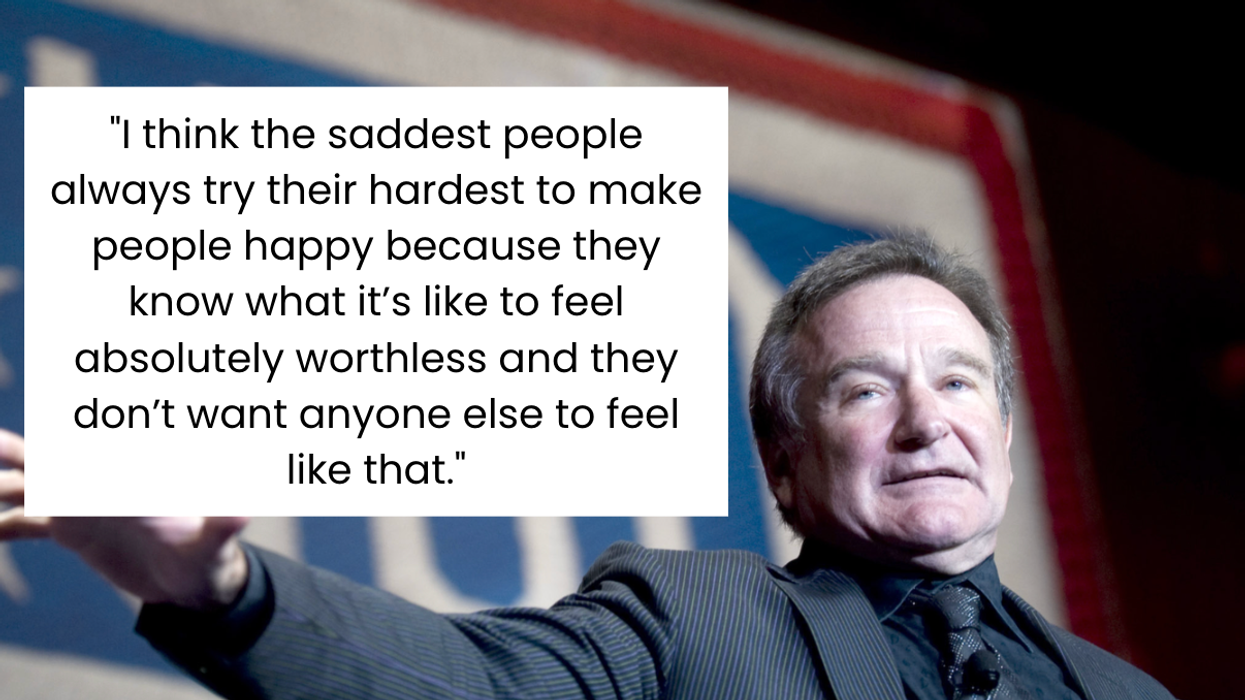
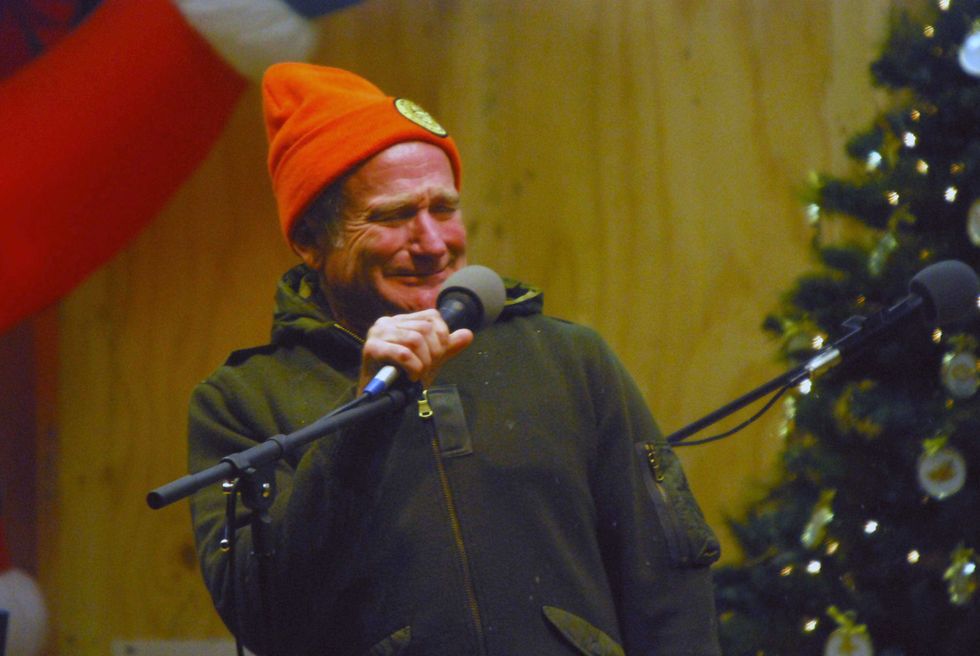 Robin Williams performs for military men and women as part of a United Service Organization (USO) show on board Camp Phoenix in December 2007
Robin Williams performs for military men and women as part of a United Service Organization (USO) show on board Camp Phoenix in December 2007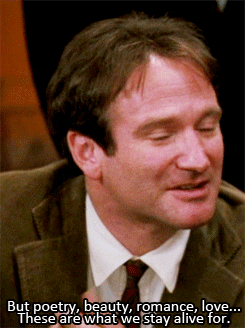 Gif of Robin Williams via
Gif of Robin Williams via 
 People on a beautiful hike.Photo credit:
People on a beautiful hike.Photo credit:  A healthy senior couple.Photo credit:
A healthy senior couple.Photo credit: 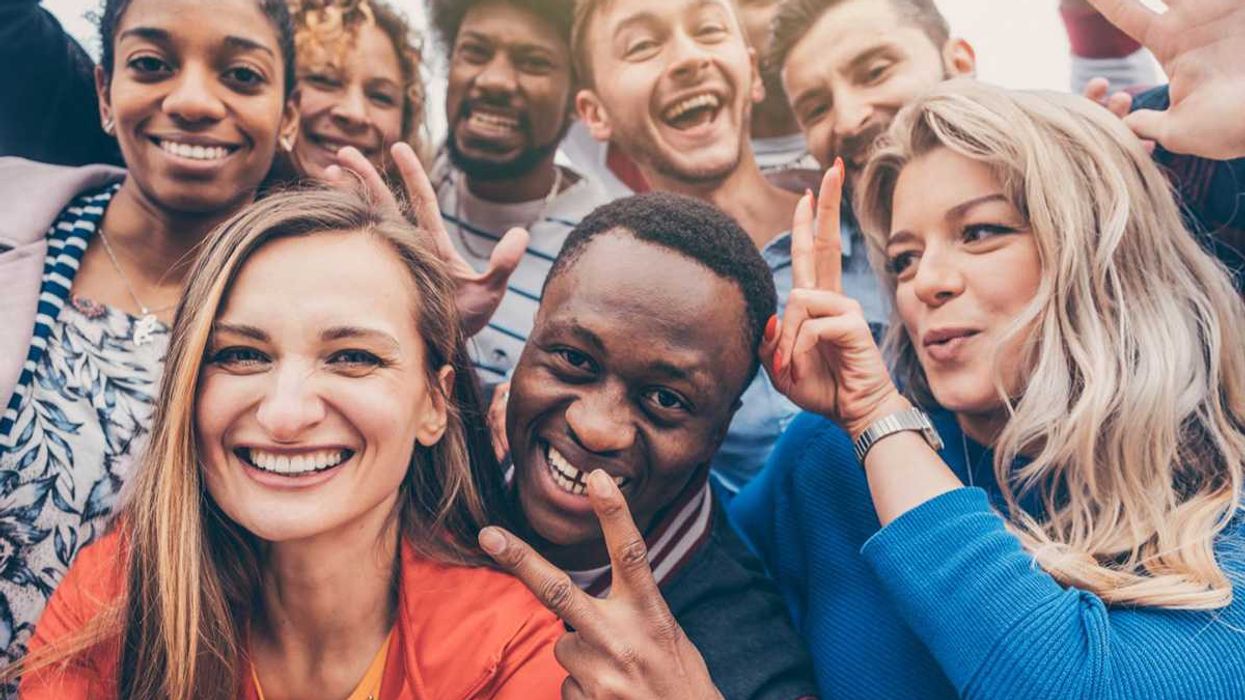 A diverse group of friends together.Photo credit:
A diverse group of friends together.Photo credit: 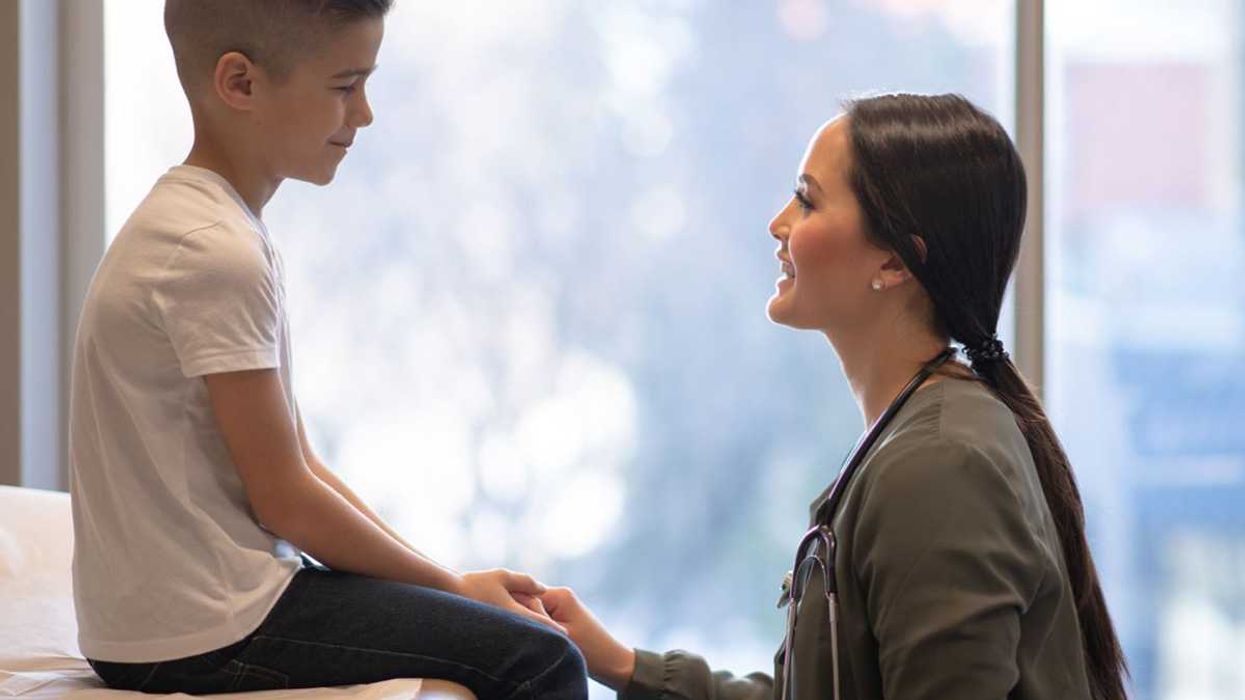 A doctor connects with a young boy.
A doctor connects with a young boy. 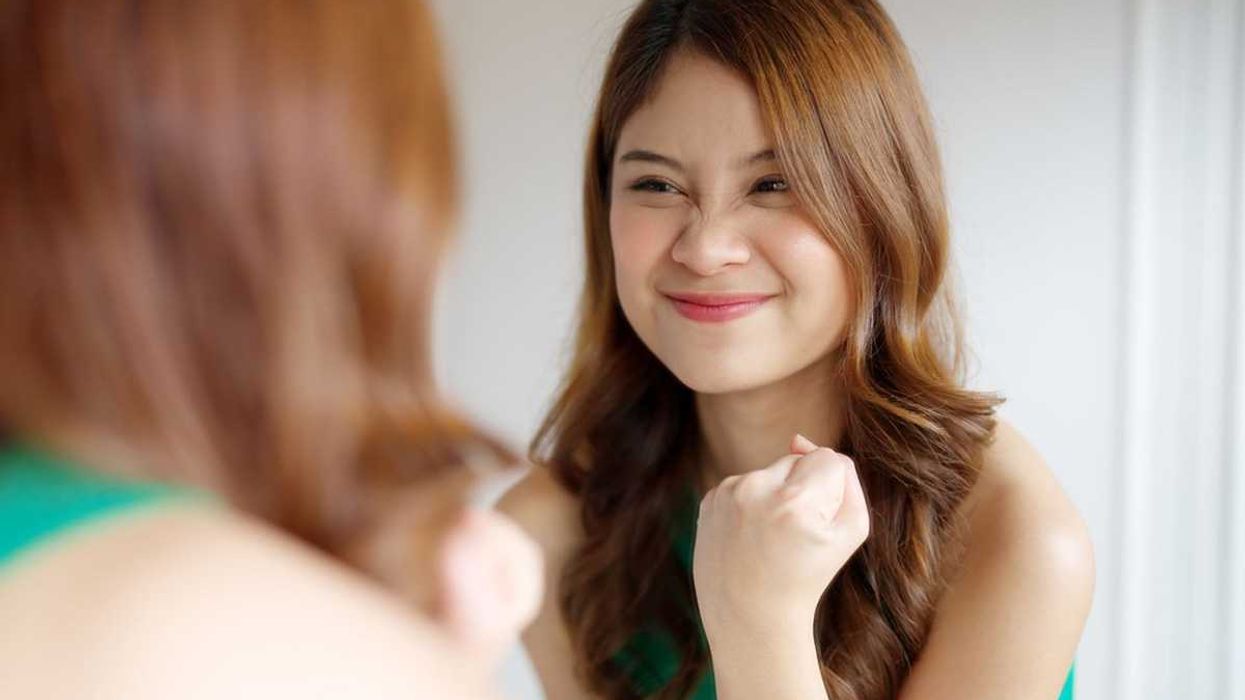 Self talk in front of the mirror.Photo credit:
Self talk in front of the mirror.Photo credit:  Lightbulb of ideas.Photo credit
Lightbulb of ideas.Photo credit 

 Superstructure of the Kola Superdeep Borehole, 2007
Superstructure of the Kola Superdeep Borehole, 2007 

